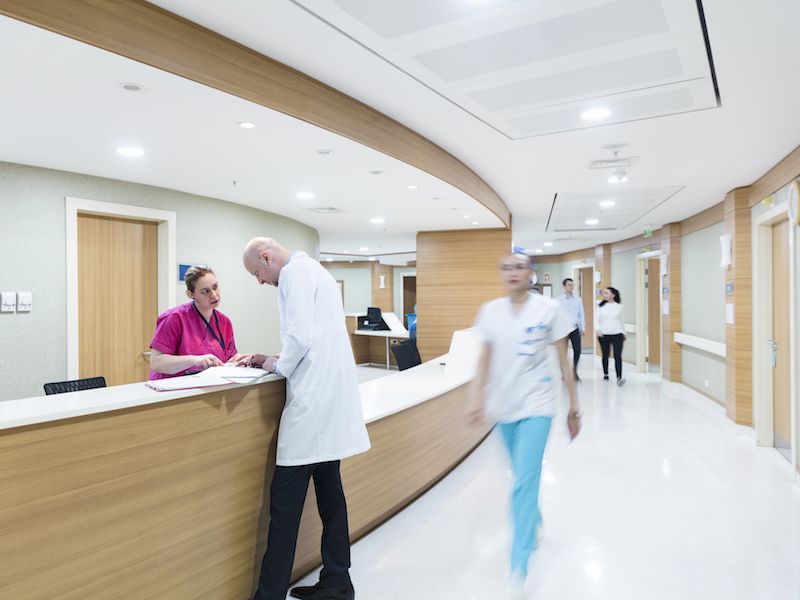
The effect hearing loss has on general health has been studied for years. New research approaches it from a different angle by evaluating what untreated hearing loss can do to your healthcare budget. Individuals, as well as the medical profession, are looking for ways to lower the escalating costs of healthcare. You can make a significant difference by something as straightforward as taking care of your hearing loss, according to a study put out on November 8 2018.
How Health is Affected by Hearing Loss
Untreated hearing loss comes with hidden risks, according to Johns Hopkins Medicine. After 12 years of tracking it, researchers found that there was a significant impact on brain health in adults with mild to severe hearing loss. For example:
- The risk is triple for those with moderate loss of hearing
- An individual with a severe hearing impairment has five times the chance of developing dementia
- A person with slight hearing loss doubles their risk of dementia
The study reveals that the brain atrophies at a faster rate when a person has hearing loss. The brain needs to work harder to do things such as maintaining balance, and that puts stress on it that can lead to injury.
The inability to hear has an effect on quality of life, as well. A person who can’t hear well is more likely to have anxiety and stress. Depression is also more likely. All these factors add up to higher medical costs.
The Newest Study
The newest study published November in the Journal of the American Medical Association (JAMA) shows that not getting your hearing loss checked is a budget buster, too. This study was also run by researchers from Johns Hopkins in collaboration with AARP, the University of California San Francisco and Optum Labs.
77,000 to 150,000 patients who had untreated hearing loss were analyzed. Individuals with normal hearing generated 26 percent less health care costs than people who were recently diagnosed with hearing loss.
That number continues to grow as time goes by. Healthcare expenses rise by 46 percent after 10 years. When you break those numbers down, they add up to an average of $22,434 per person.
Some factors that are associated with the increase are:
- Lower quality of life
- Cognitive decline
- Falls
- Dementia
- Depression
A connection between untreated hearing loss and an increased rate of mortality is indicated by a second study done by the Bloomberg School. Some other findings from this study are:
- 3.6 more falls
- 6.9 more diagnoses of depression
- In the course of ten years, 3.2 more cases of dementia
Those numbers match with the research by Johns Hopkins.
Hearing Loss is on the Rise
According to the National Institute of Deafness and Other Communication Disorders:
- Loss of hearing presently effects 2 to 3 out of every 1,0000 children
- Around 15 percent of young people aged 18 have a hard time hearing
- About 2 percent of people aged 45 to 54 are significantly deaf
- Up to 8.5 percent of 55-to-64-year-olds have loss of hearing
The number rises to 25 percent for individuals aged 65 to 74 and 50 percent for anybody above the age of 74. Over time, those figures are expected to rise. By the year 2060, as many as 38 million people in this country may have hearing loss.
Wearing hearing aids can change these numbers, though, which the study doesn’t indicate. What they do recognize is that using hearing aids can get rid of some of the health issues associated with hearing loss. Further studies are required to determine if wearing hearing aids reduces the cost of healthcare. It’s safe to say there are more reasons to use them than not to. Make an appointment with a hearing care expert to see if hearing aids help you.
The content of this blog is the intellectual property of MedPB.com and is reprinted here with permission.
The site information is for educational and informational purposes only and does not constitute medical advice. To receive a personalized free hearing test and hearing loss consultation, call today to set up an appointment.









